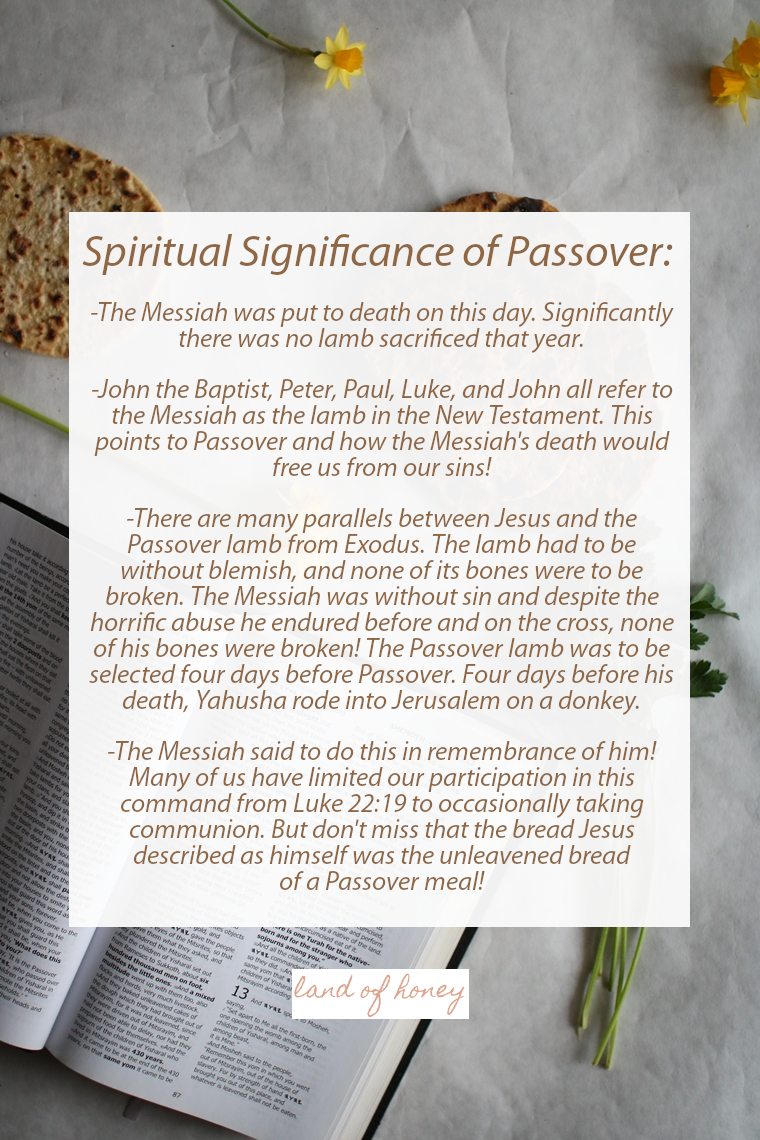John the Baptist is famously known as the one who prepared the way for the Savior. We know from Scripture that he was just six months or so older than his cousin Jesus. And because he prepared the way, he is often quickly brushed aside, but his words and actions laid the groundwork for the Messiah's good news. Because of John's work, people were better able to understand and receive Jesus later on. I think we should examine what he had to say and what advice of his the Bible records!
How exactly did he prepare the way for Jesus? I don't think it was just about him announcing that someone greater was coming, though that's an obvious example. I think he began speaking of the things that were near to the heart of the Savior's message.
Have you thought about that before? John the Baptist's message fit with the message of Jesus. And not just because he said the kingdom of heaven was at hand. For those who heard John's words, his message prepared them to better receive and understand the words of the Messiah.
What was the message of John the Baptist?
Take a look at this passage from Luke 3:
"What should we do?" asked the crowds.
"Anyone who has two cloaks," replied John, "should give one to someone who hasn't got one. The same applies to anyone who has plenty of food."
Some toll-collectors came to be baptized. "Teacher," they said, "what should we do?"
"Don't collect more than what is laid down," he replied.
Some soldiers, too, asked John, "What about us? What should we do?"
"No extortion," replied John, "and no blackmail. Be content with your wages."
-Luke 3:10-14
Stop hoarding things. Share what you have. Don't take more than you're entitled to, or more than what's reasonable. Don't extort anyone. Be content with what you have.
These things prepare the way for the kingdom of Heaven.
It's interesting that he directs different instructions at different groups. When he tells the tax collectors that they shouldn't collect more money than what is required of them, he's not saying it's fine for them to use extortion or blackmail.
This is because he's speaking about things that are generally considered acceptable by those groups. John is saying that we shouldn't let our culture or setting dictate what is morally right or wrong. That's not to say that we can't do things that are part of our workplace vernacular or culture, but he is saying we certainly shouldn't when that means we violate commandments from God. This message fits with the Messiah's.
We see the Messiah say many similar things to what John taught here.
-"Sell what you have and give to the poor." -Matthew 19:21
-"Be on guard against greed, for life does not consist in the abundance of possessions." -Luke 12:15
-"Woe to you for being full of robbery." -Matthew 23:25
-"Do not worry about your life, what you will eat, or drink, or wear." -Matthew 6:25
While our world today celebrates constant striving to accumulate more things and status, both Jesus and John the Baptist encouraged the opposite behavior. Rather than hoarding wealth, they taught sharing and giving.
This is a core tenet of the Gospel. Having faith isn't just about going to Heaven...it should change how we live here and now. As followers of the Messiah we are called to live differently and help others. We are not called to a life of greed, and our focus shouldn't be on constantly trying to make more money or have the newest or best possessions. The Creator of the world did not give you life so that you can be controlled by greed.
How can we work to honor these instructions in our lives today?
Related posts:
Fifty Ways to Love Your Neighbor
Giving When You Don't Have the Finances
How to Pray for Our World
.jpg)

.jpg)
.JPG)
.JPG)
.JPG)
.JPG)
.JPG)





























